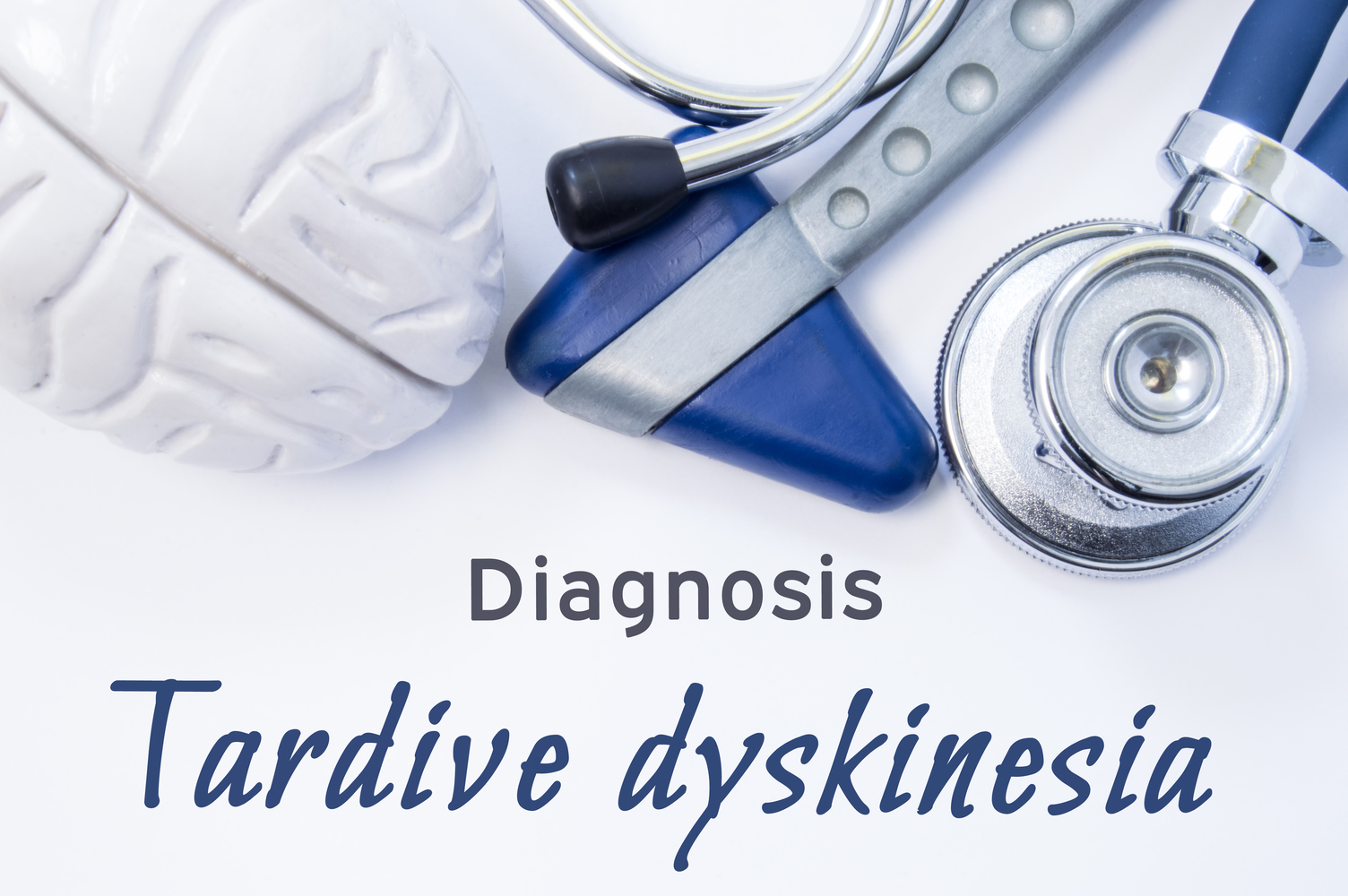
Tips for Dealing with Tardive Dyskinesia
Tardive dyskinesia is a type of chronic dyskinesia and can occur after long-term treatment using antipsychotic medications. These medications are commonly used to treat mental health disorders, like schizophrenia. The condition causes uncontrollable stiff and jerky movements in the face and body. Since the medications that can cause the condition are considered life-saving, it’s important to talk to your doctor if you begin to notice any symptoms.
Some of the lifestyle tips for dyskinesia mentioned below provide a brief overview of how one can deal with chronic or tardive dyskinesia.
1. The role of medications
Medication is one of the main causes of tardive dyskinesia. One of the lifestyle tips for dyskinesia is to control the use of medication that causes the symptoms of tardive dyskinesia. Interaction with doctors is also needed to manage the intake of medications and make changes if needed.
It’s possible to include medications that would work just like dopamine. This can help in reducing the symptoms of tardive dyskinesia and bring the uncontrolled movements under control.
This is, however, a temporary measure as once the new medication is stopped, the symptoms may return.
2. Manage stress
Stress is a factor that has an impact on the symptoms caused by tardive dyskinesia. It has found that stressful situations can create various bodily changes that can aggravate the symptoms caused by tardive dyskinesia.
Reducing stress is thus important to manage the symptoms of this disease. The first thing to do is to avoid being involved in situations that cause stress. Avoidance of stressful situations is the best way to manage stress.
One of the best ways to manage reduce stress is through meditation. It helps to relax the mind. This allows beneficial hormones to be released reducing stress.
Exercise is another way of stress reduction. It releases endorphins that are good for stress reduction.
Some other ways of managing stress include the following:
- Reducing caffeine intake
- Spending quality time with friends and family
- Listening to comforting music
- Taking up a hobby
- Practicing deep breathing exercises
- Having a pet has also proven to be very helpful in stress management for those having tardive dyskinesia
3. Work with support groups
Support groups are formed by people who suffer from a disease with the objective of helping others. There are many support groups for tardive dyskinesia. There are even online groups that have members who have successfully managed the symptoms of this condition.
Such support groups can help patients manage symptoms better. It also provides solace and comfort.
4. Rest
Rest has a major role to play in the management of tardive dyskinesia. Resting when tired and avoiding overwork is advisable. A good night’s sleep is important to be relaxed so symptoms can be managed naturally. Maintaining a proper sleep-wake cycle can be helpful in getting seven to eight hours of sleep daily.
5. Educate others
Educating others about the symptoms of tardive dyskinesia can ensure people understand their problems and empathize with oneself. It helps one be less nervous as others know about their problems and understand their situation.



